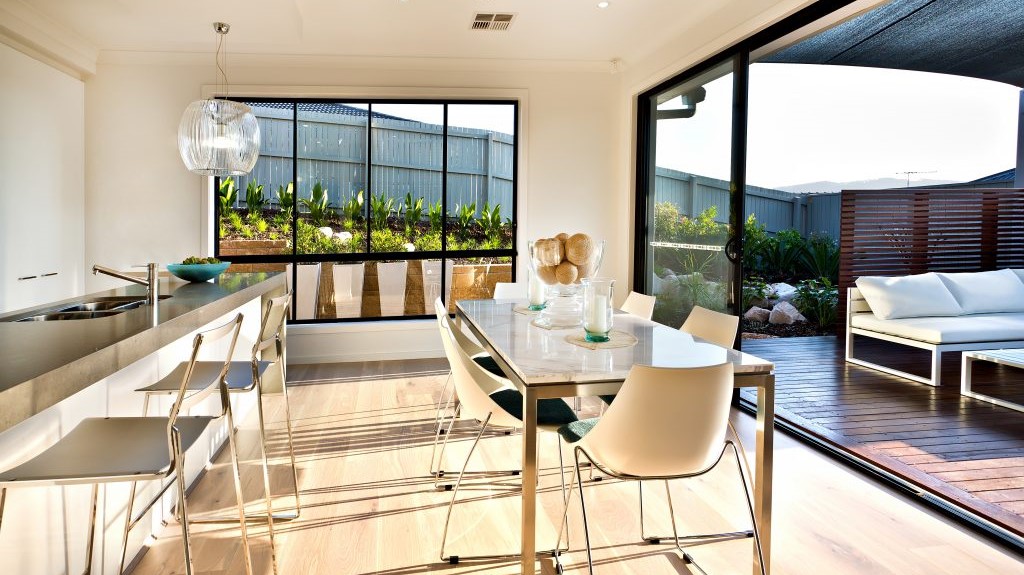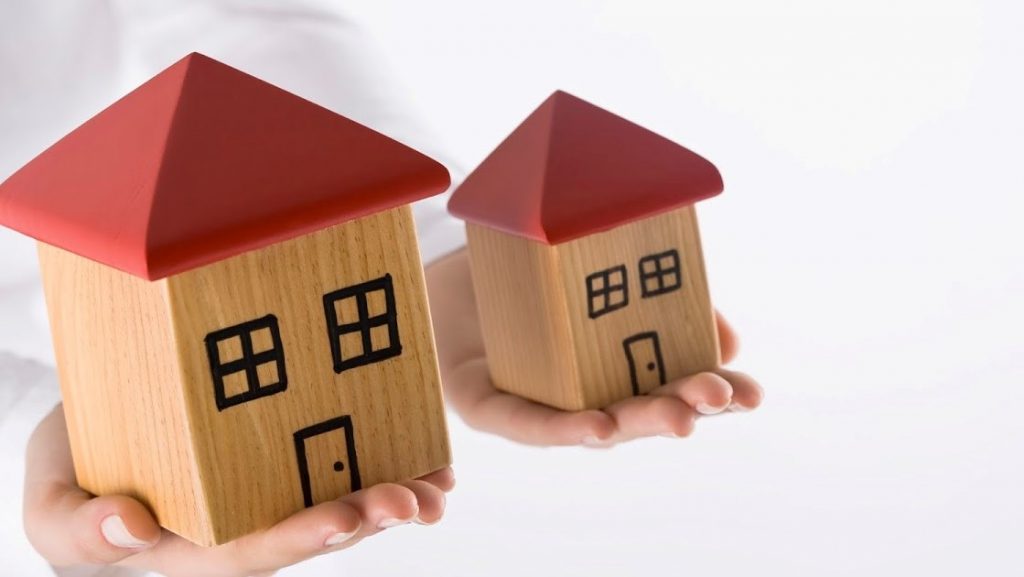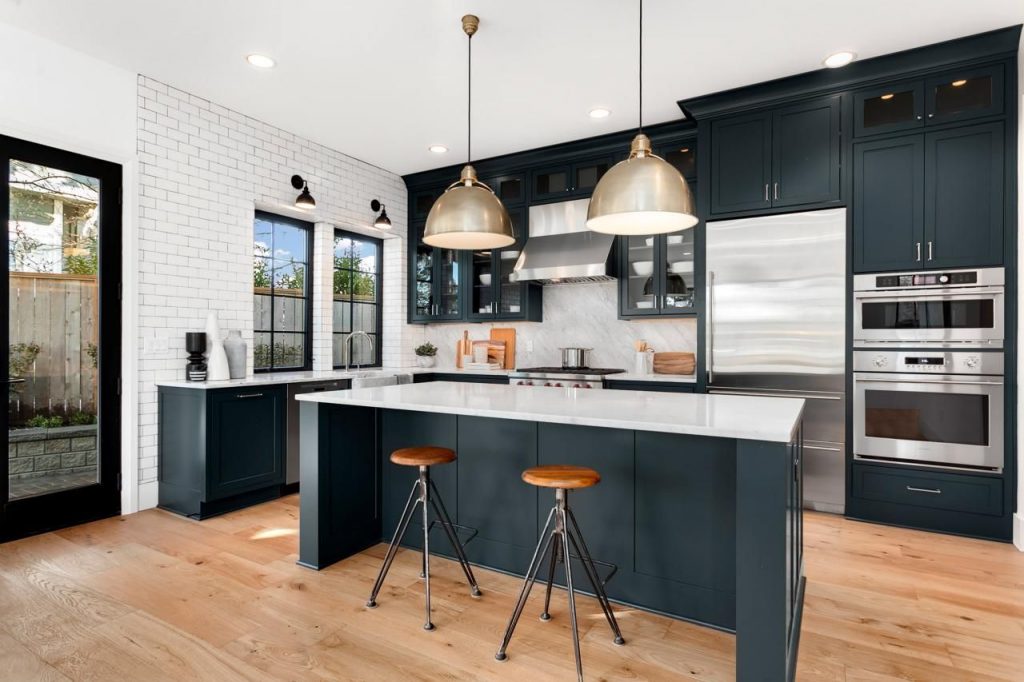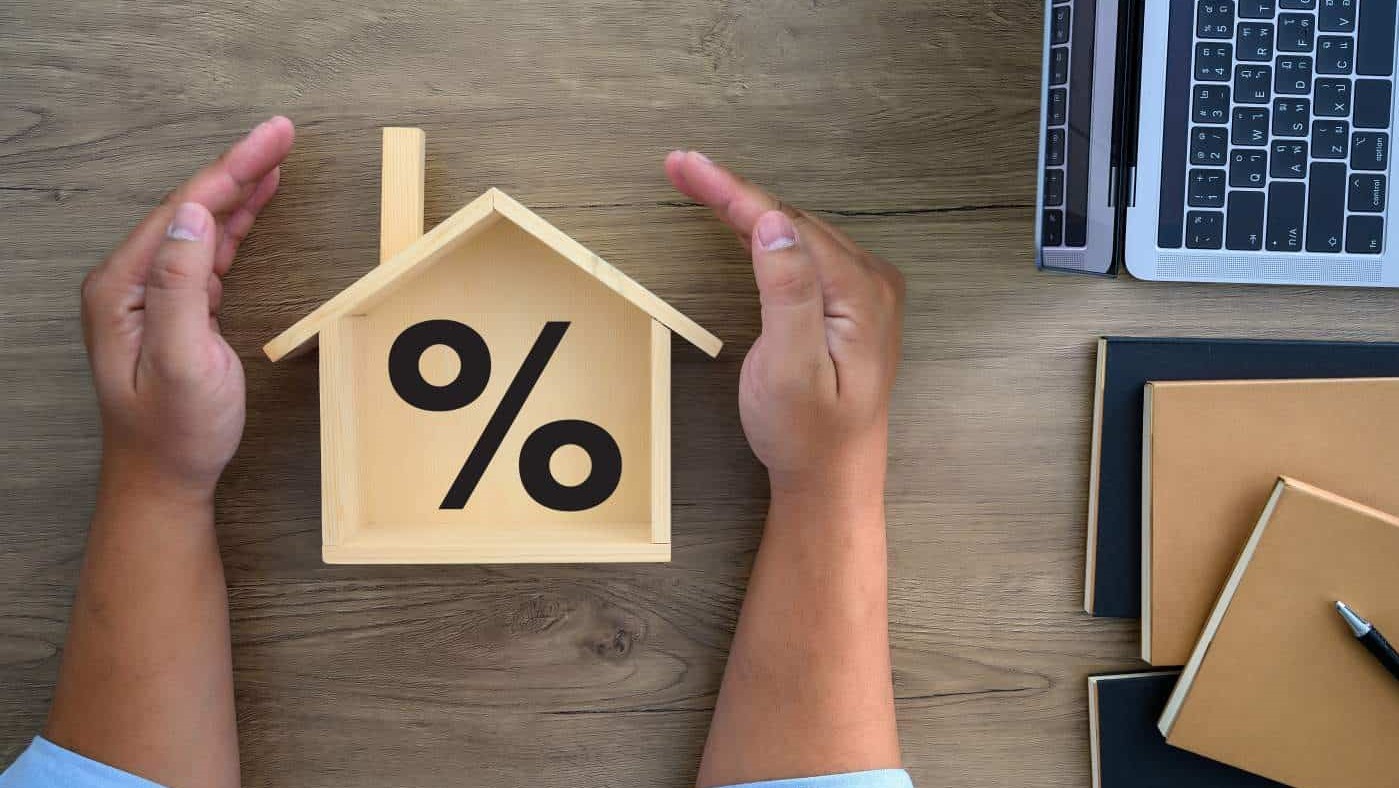Putting an accurate price on a home can be quite challenging when it comes to placing your house back on the market or making an offer for one. It’s common to look at a property for sale and ponder about the asking price is. However, evaluating property value from the outside in is not always what meets the eye.
In Malaysia, a property valuation refers to a practice in which a professional valuer assesses the current market value and your property selling price. The main backdrop to market value is the constant fluctuation of supply and demand where a high demand while supply is low leads to higher property prices. But sometimes, it can be more complicated than that.
Valuation is, without a doubt, a crucial aspect in the process of buying or selling properties. Hence, we must have a clear understanding of the contributing factors that make up a property’s value so that it can be maintained long-term.
Read on to find out the key factors that play a significant part in influencing the value of homes in Malaysia.
1. Location, location, location.

We’ve all heard about this. Location is the leading factor in determining property valuation. It’s no mystery that the nearer your property is to the city centre in Klang Valley, the higher its value will be; which explains the last decade’s escalation of home prices in the Kuala Lumpur central business district.
On the other hand, if your home is located within an undesirable vicinity, such as near a cemetery or waste disposal area, it could negatively affect your property’s value.
Different states in Malaysia also vary in property values. For example, despite Penang being the country’s second-smallest state, it is the eighth most populous one and a well-known tourist destination. This has driven Penang’s property prices higher than that of Kelantan’s, due to scarcity of land and increased demand from local buyers as well as foreign retirees.
2. Property Placement

Another critical element to consider in Malaysia is the Feng Shui (also known as the ‘science of construction’) of a home. It may seem superstitious, but recent studies have proven that Feng Shui does indeed affect property value. To some, the placement of a property is believed to bring either negative energy or a positive one, along with prosperity, good luck, health, and steady growth.
Similarly, homes with a western-facing orientation where the afternoon sunlight floods can decrease home value, as higher costs may be required to increase the cooling of the house. Properties facing a T-junction, as there are increased risks that vehicles might collide at the gates of your residence.
3. Amenities & Accessibility

If your property is in close proximity to local parks, educational institutions, hospitals or clinics, restaurants, shopping malls, banks, temples, the works—it can boost your home’s value. These amenities make a neighbourhood more attractive and liveable to potential homebuyers.
Besides major ‘hotspots’ like these, accessibility to public transportation can also assist in popularity among homebuyers, especially those who base their decision on the commute time taken to their workplace. So if your property is near a major highway or public transit hubs like the LRT and MRT stations, your housing price might grow substantially.
4. Property Size

Contrary to popular belief, size does matter. Aside from the other impacting factors, property valuation is very likely to vary according to property size. The bigger it is, the more it costs. However, do note that different areas encounter different trends in the ‘price per square foot’ model in determining home value.
5. Maintenance & Quality of Construction

Obviously, the age and quality of a house affect its value. A house with a faulty structure and poorly maintained features like mouldy walls might not bode well in the secondary market, which is why regular maintenance is vital in achieving a better property valuation in the long run.
Nonetheless, aged properties don’t necessarily decrease in value. A building with a sturdy structure made with high-quality materials and workmanship will hold together longer without the need for renovations, new roofing and plumbing. This factor is evident in the high prices of homes in Bangsar and TTDI, which are decades-old terrace houses priced at RM1.5 million each at least.
As you can tell, many factors go into determining the value of a home. Lucky for you, this guide serves as a reminder for everything you need to consider to get the best deal possible. If you’re looking to purchase a house or rent out your property, find out more about the property management services we offer.




